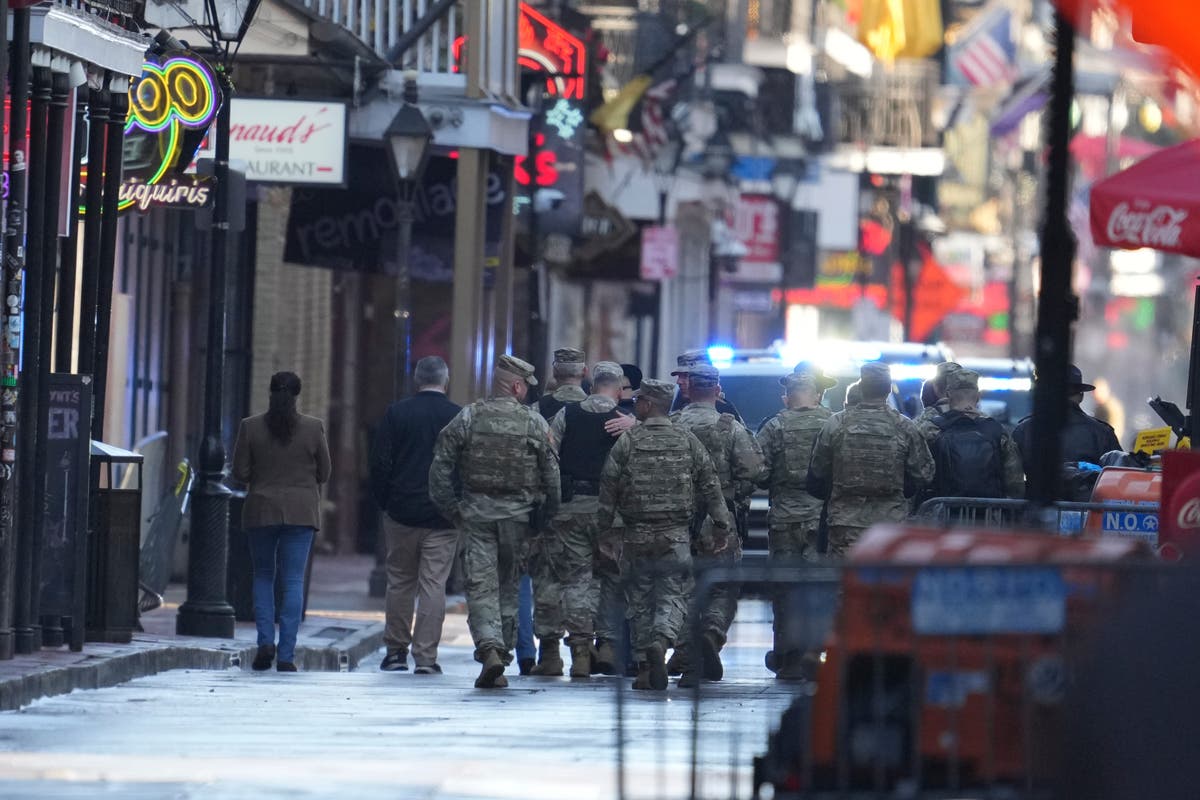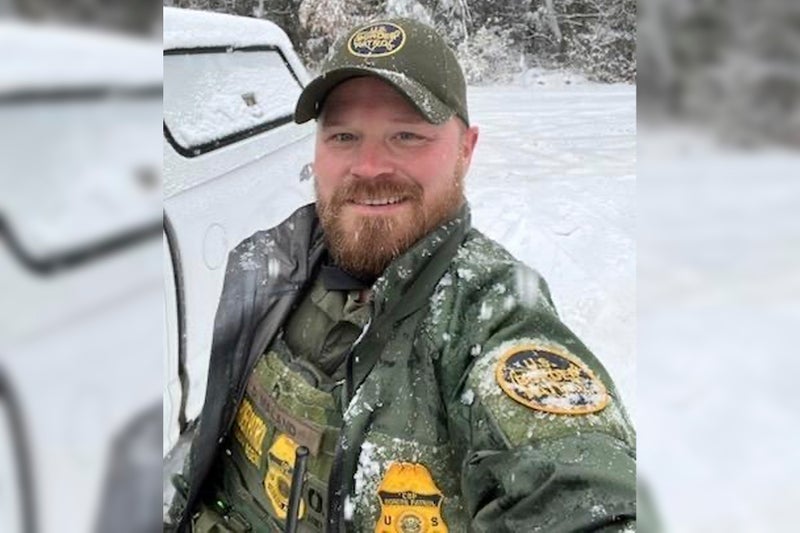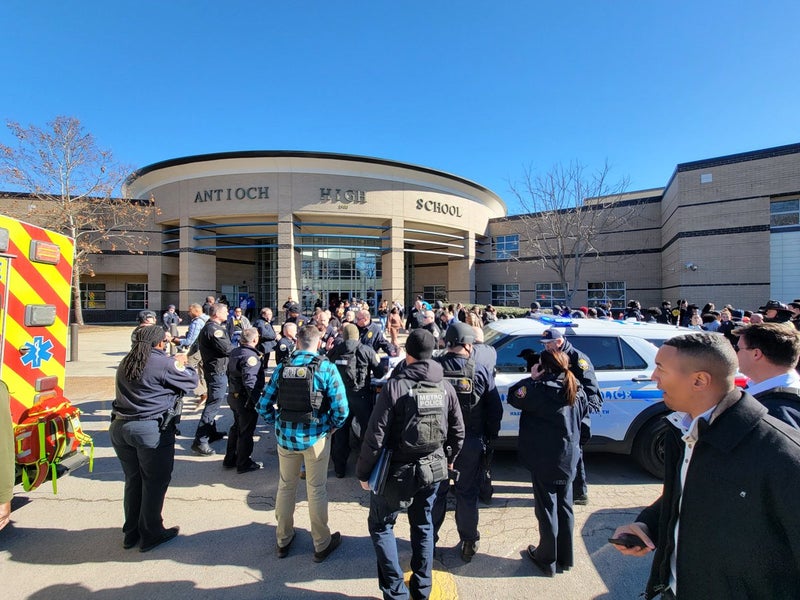We were told we were going on a trip to the seaside – but we were kidnapped by Russia
We were told we were going on a trip to the seaside – but we were kidnapped by Russia
Share:
In a new four-article series, The Independent reveals the details of Bel Trew’s special investigation into the desperate plight of hundreds – potentially thousands – of people with disabilities caught up in Putin’s invasion of Ukraine. The most vulnerable of the vulnerable, abandoned and kidnapped into Russia. On a freezing cold November morning, Russian officials turned up at the institution where Maksym lived and told everyone there they were going on a “trip to the seaside”.
![[The Kherson region has faced regular bombardment from Russian forces]](https://static.independent.co.uk/2023/02/03/09/Russia_Ukraine_War_29368.jpg)
President Vladimir Putin’s bloody invasion had been raging for months and the town in the southern Kherson region where Maksym called home had been swallowed up by Russian troops. Unlike millions of non-disabled Ukrainians, he could not flee the violence and bloodshed on his own. Unable to use his legs from birth, he had spent his whole life in this Ukrainian facility for people with disabilities. And at the age of 33, he was living alongside 180 other people aged between 19 and 90 who also needed constant care.
![[The Russian city of Anapa, where Maksym was taken]](https://static.independent.co.uk/2024/04/30/11/newFile-5.jpg)
When the Russians told him they were going to be moved, none of them had a choice. Far from a trip to the sea, the whole group was being vanished into Russia. Anyone who objected was locked in their room. And they were all prevented from speaking to family before being put on a train across the border. While most of the group went one way, for some reason Maksym was separated from everyone he knew and sent 220 miles (360km) to the coastal Russian town of Anapa. There he was placed in a hospital-style institution. His wheelchair went missing in transit.
![[Ukrainian servicemen of the 126th Separate Territorial Defence Brigade fire a D-30 howitzer towards Russian troops at a position on a front line in Kherson region]](https://static.independent.co.uk/2024/03/14/08/2024-03-14T081706Z_1712277971_RC2HK6AT04Z0_RTRMADP_3_UKRAINE-CRISIS-SOUTH.JPG)
“We kept asking, where are we going? But everyone lied to us. We were terrified because I didn’t know where we would be taken, we didn’t know what was going to happen next,” Maksym said with desperation in his voice. “We couldn’t do anything.”. After four harrowing months alone in Russia he successfully escaped, using a mobile phone he had hidden in his trousers from officials. Enlisting the help of a Ukrainian charity, he was secretly smuggled out, escaping the Russian police by instigating a clandestine meeting at a nearby corner store.
![[A disabled woman waits for help to carry her water during an aid supply distribution in the centre of Kherson]](https://static.independent.co.uk/2024/04/30/12/newFile-1.jpg)
Speaking from a European country we have chosen not to name, he said he only now realises he had been subject to a war crime: “I had to hide my phone because they were also confiscating the phones of people who had asked to go to Ukraine. “We cannot protect ourselves – we have been forgotten. I feel like the world has forgotten us.”. Just a few weeks before, in a different facility also in occupied south Ukraine, Russian officials had also turned up with talk of a “trip to the seaside.”.
![[Russia’s appointed administration in the occupied south of Ukraine shares images of people with disabilities they have removed from institutions in Kherson]](https://static.independent.co.uk/2024/04/30/12/newFile-2.jpg)
This time they had entered an institution housing 500 Ukrainian women with intellectual and physical disabilities – among them was Inna, 46 who has Down syndrome and, like Maksym, had lived in the facility all her life. Armed men escorted a total of 54 women into buses, the nurses later told The Independent. “How can you make any decision to help when there are soldiers with guns?” asked Lyubov Anatoliivna, who worked at the facility at the time.
![[Russia’s appointed administration in the occupied south of Ukraine shares images of people with disabilities they have removed from institutions in Kherson]](https://static.independent.co.uk/2024/04/30/12/newFile-3.jpg)
All the staff could do was make sure the women were calm and let them go: most of them were not capable of understanding what was happening to them. Eighteen months later Inna is still missing, according to her parents who are still desperately trying to find her. “We have tried everything, we don’t know what to do,” her father Volodymyr, 73 says, as his wife weeps in the background. Maksym and Inna are among at least 500 Ukrainians with disabilities – including children – that have likely been forcibly removed to Russian-held territory and Russia, according to an 18-month investigation by The Independent. The whereabouts of many of those we have documented remain unknown: of the people taken from Makysm’s facility, only 10 people have reappeared. None has been located from Inna’s.
![[A child being ‘evacuated’ from Oleshky orphanage taken from the Telegram feed of Maria Lvova-Belova, Putin’s commissioner for children’s rights]](https://static.independent.co.uk/2024/04/30/11/newFile-2.jpg)
Russia denies committing any crimes in Ukraine and has promoted the movement of people as legal “evacuations”. But evidence uncovered by The Independent points to the forcible transfer and deportation of civilians, which is a war crime and a possible crime against humanity. The 500 missing people only include the cases we were able to verify independently; Ukrainian officials have said they believe the true number could be in the thousands.
![[A child being ‘evacuated’ from Oleshky orphanage taken from Maria Lvova-Belova’s official Telegram]](https://static.independent.co.uk/2024/04/30/11/newFile-3.jpg)
The cases – which took place between October 2022 and the summer of 2023 – were verified through interviews with those who were illegally taken, family members of those who remain missing, staff members of the institutions targeted and charities trying to locate missing people. The Independent also tracked official Russian Telegram groups of the occupation administration that have boasted of the programmes to move hundreds of people from institutions. We used open-source tools – like satellite imagery – to confirm alleged locations.
In many instances, the people taken were misled or lied to about what was happening, they were held incommunicado in squalid conditions and forced into adopting Russian passports in order to secure treatment or care. There are credible reports that the children with disabilities among them have been sent to “re-education” camps where they are given pro-Russian lessons with revised history and language books.
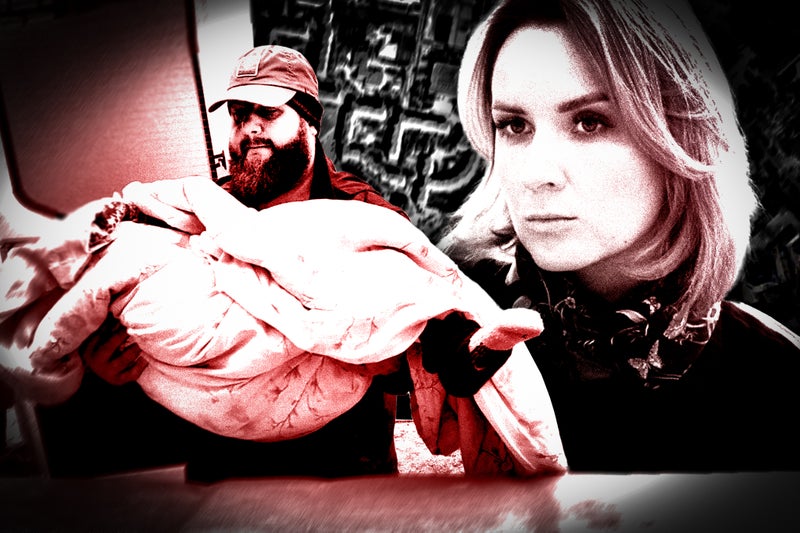
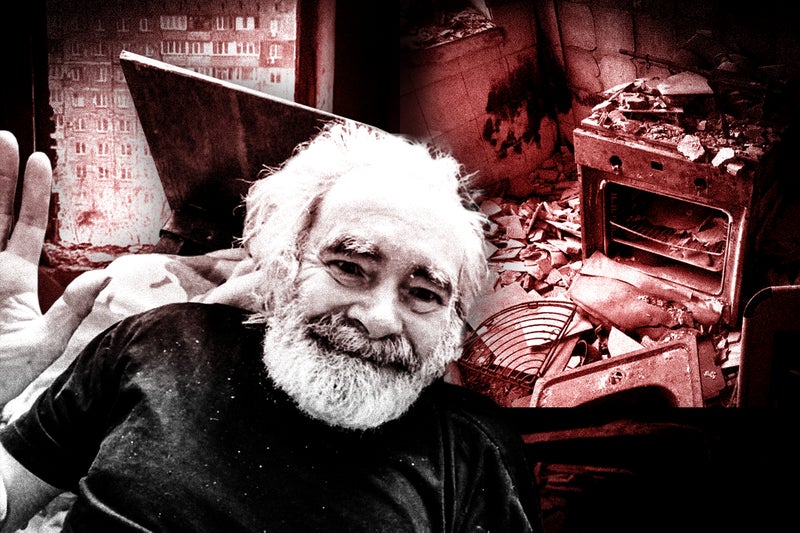
-Head-teacher-Valentyna-Yerashova-(l)-with-MP-Oleksandr-Vasiuk-at-the-new-underground-school-in-Za.jpeg?auto=webp&width=800)











